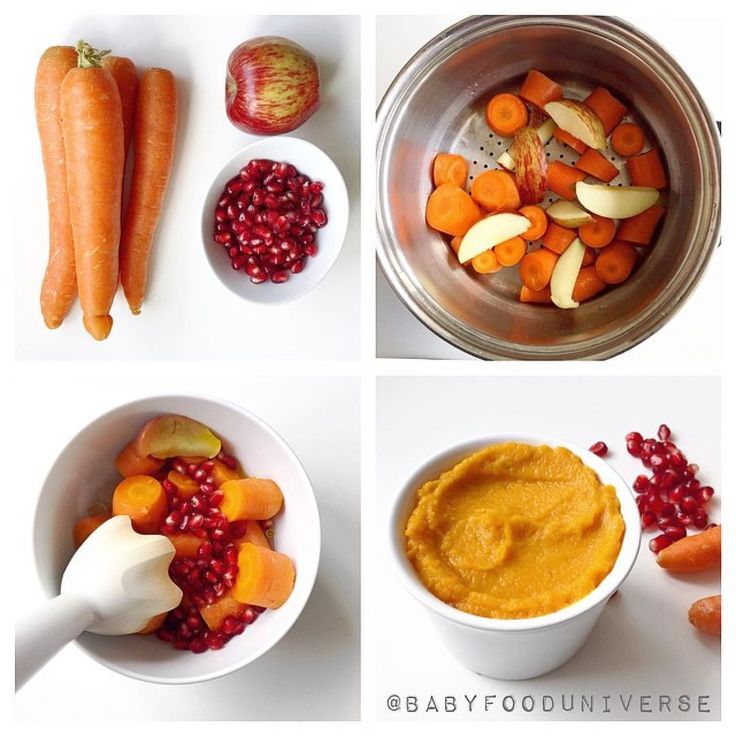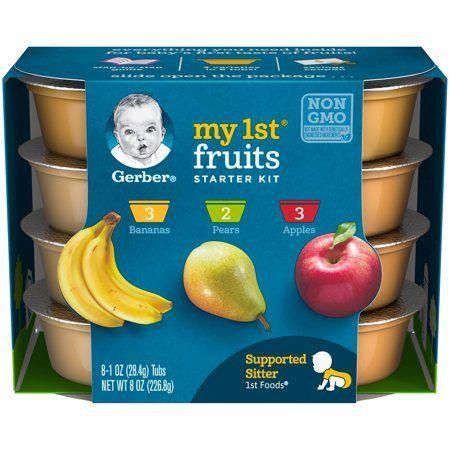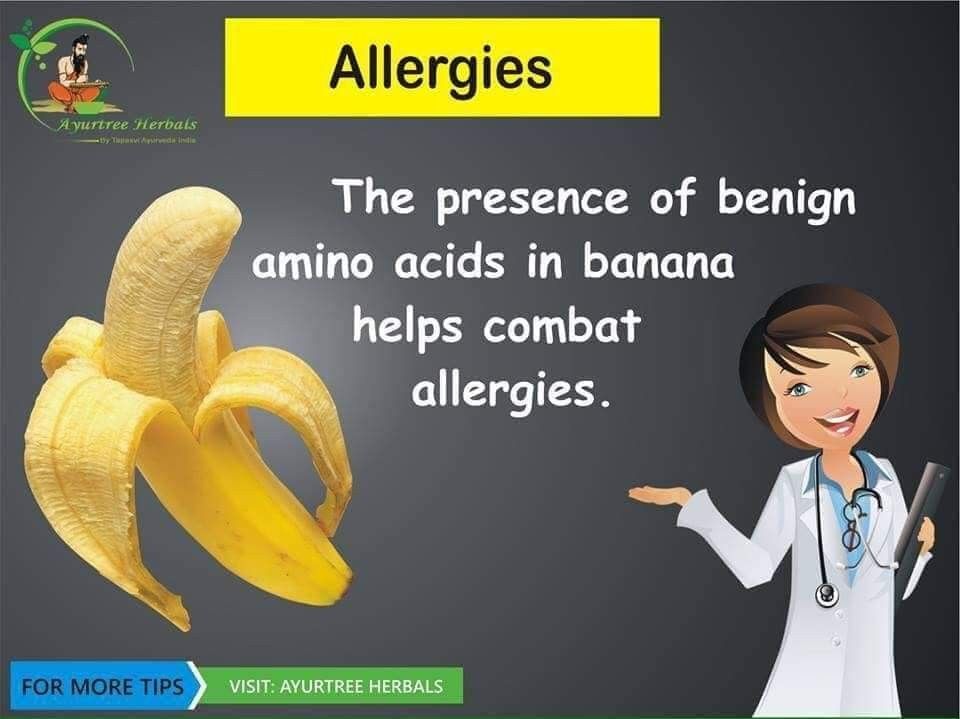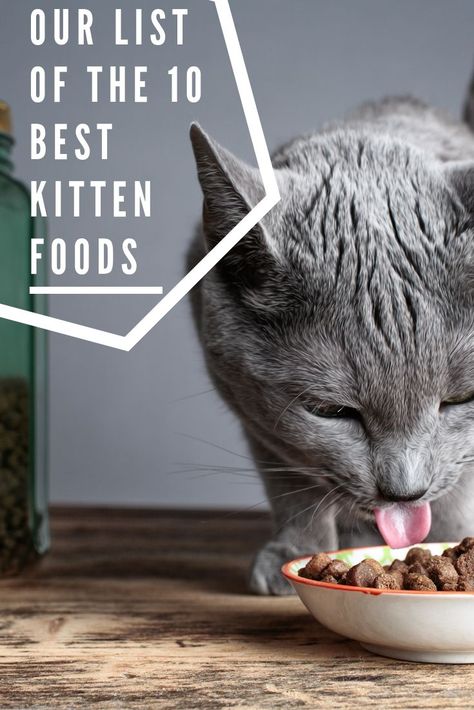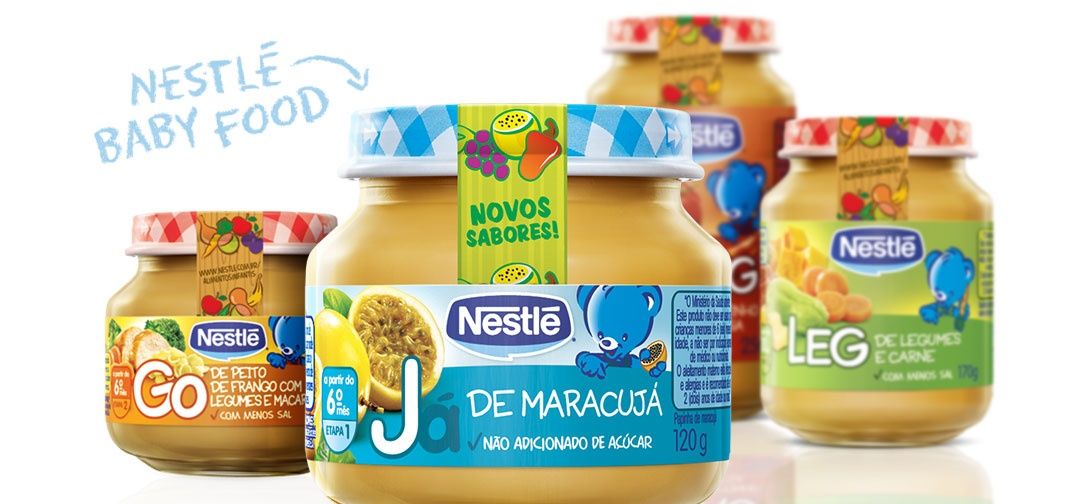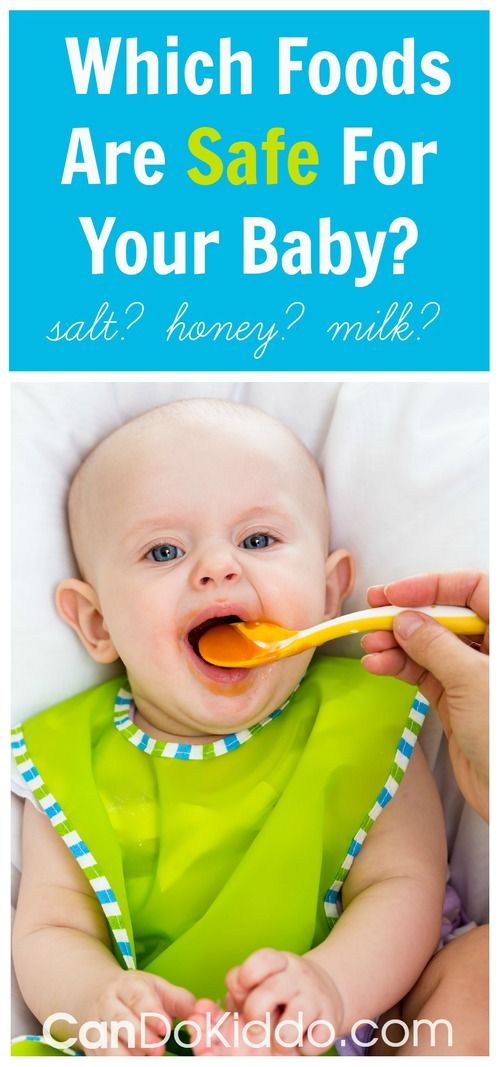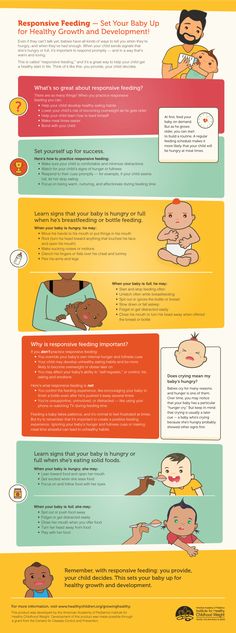Baby food pomegranate
Health Benefits, Juice Recipes, and More · HealthKart
| Pomegranate to Toddler |
| Benefits |
| Pomegranate Puree |
| How to Make Juice |
| Precautions |
| Conclusion |
Pomegranate is a tropical fruit that contains loads of edible seeds. Rich in nutrients, pomegranate for babies is a good idea to promote health, right from the growing age. The fruit is rich in Vitamin A, C, K, and E with antioxidant properties that help fight free radicals. It also contains folic acid, potassium, iron, fibre, essential minerals, and Vitamin B complex that is water-soluble.
The high nutritional value makes this fruit a superfood for babies. Make sure to introduce this in the diet of your little one after he or she is 6 months old. Initially, it has to be introduced in the form of juice until your baby is ready to eat solid foods.
Table of Contents
How to Give Pomegranate to Toddler?Since toddlers are able to chew, you can add pomegranate seeds to their diet. When the kids are in the age group of 12 to 18 months, they are just learning to chew. During this period, you should give them pomegranate seeds as they are – that is, without adding the seeds to any other food item. This is because the child would not understand how to chew the seed when mixed in other food items and may accidentally swallow it.
However, when the kids are in the age group of 18 to 24 months, you can add the seeds to custards, salads etc., to give it a crunch. Pomegranate for babies in the form of smoothies or pulp is ideal if they have difficulty chewing.
Pomegranate Juice Benefits for Toddlers and BabiesPomegranate for babies and toddlers is recommended because of various health benefits that can be derived from the fruit. Your little one can have this fruit in any form – the nutritional intake will be abundant anyway. Given below is a list of health benefits of pomegranate:
1. Reduces inflammation
Ellagatanin, an antioxidant present in pomegranate, has the potential to reduce inflammation by fighting various types of bacterial infections.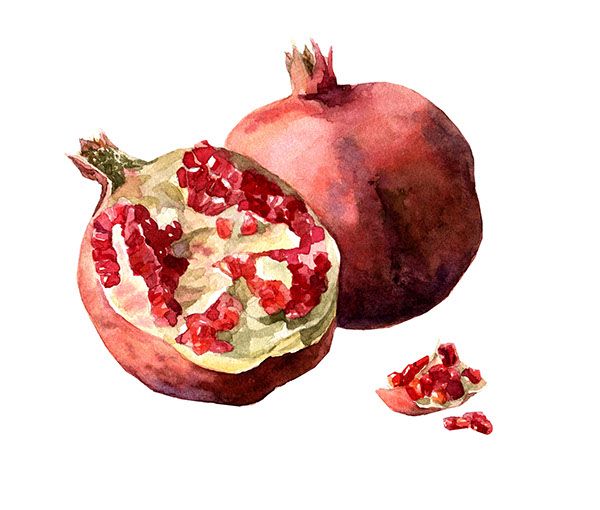
2. Protects Babies and Toddlers from Diseases
Vitamin C and E, along with minerals like iron, folate, and potassium, have exceptional properties that protect babies from diseases by boosting immunity.
3. Resolves Digestive Issues
Pomegranate juice is effective in resolving digestive issues like vomiting, diarrhoea, and dysentry. Pomegranate for babies in the form of juice helps in treating digestive issues like dysentery and diarrhoea by fighting the bacteria that cause the issue.
One pomegranate fruit contains about six grams of dietary fibre that is sufficient to treat constipation.
4. Kills Intestinal Worms
Intestinal worms are a common issue in babies. Deworming in babies is done periodically till a certain age. Pomegranate for babies can be one such deworming treatment. Ayurveda says that the anthelmintic properties of the fruit help in killing these parasites that dwell in either the small or large intestine and grow in numbers by feeding on the nutrients.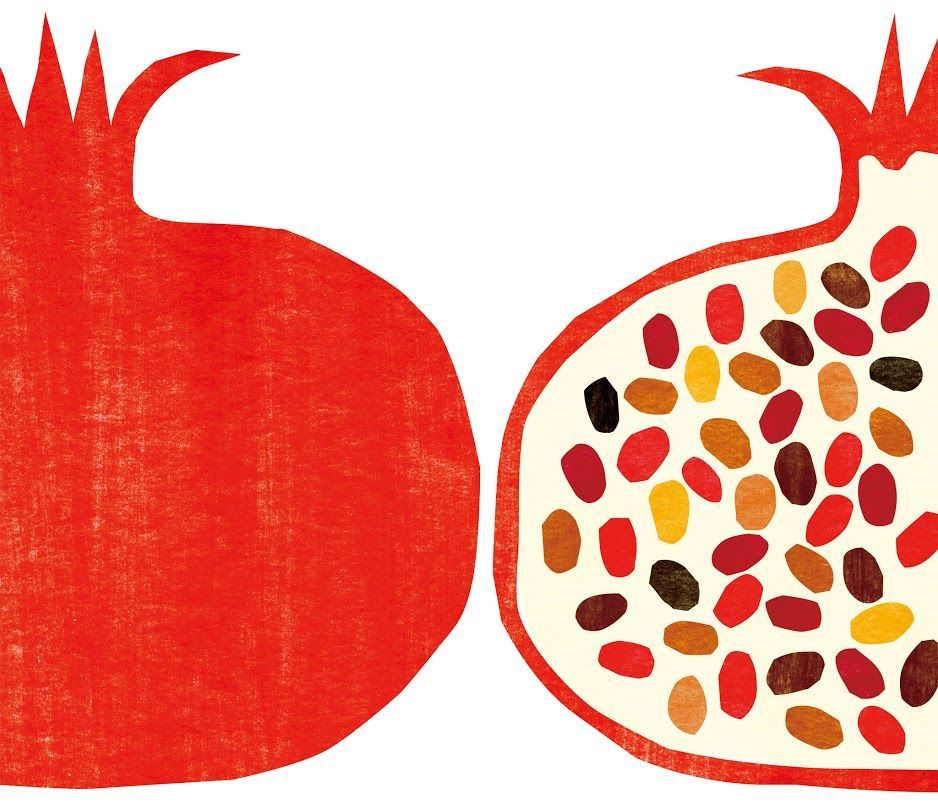
5. Controls Fever
Pomegranate juice is a good treatment for fevers. It brings down the high temperature in the babies and also replenishes the nutrients lost during the fever. With such promising health benefits, it is ideal to include pomegranate for babies from the age of 6 months.
6. Fights Cold and Cough
Pomegranate for baby cough is a good remedy due to the antioxidant properties of this fruit. For optimum results, prepare pomegranate juice with a dash of pepper and ginger when you want to fight cough and cold.
Once you start solid food for your baby, you can introduce pomegranate in the form of puree, preferably after nine months. The seeds of pomegranate are crunchy and most people like to consume them directly. However, for babies, it is recommended to be given in a juice or puree.
Pomegranate can be introduced after six months to the babies in the form of liquid and slowly, when they start feeding on solids, you can introduce the fruit in the form of a puree.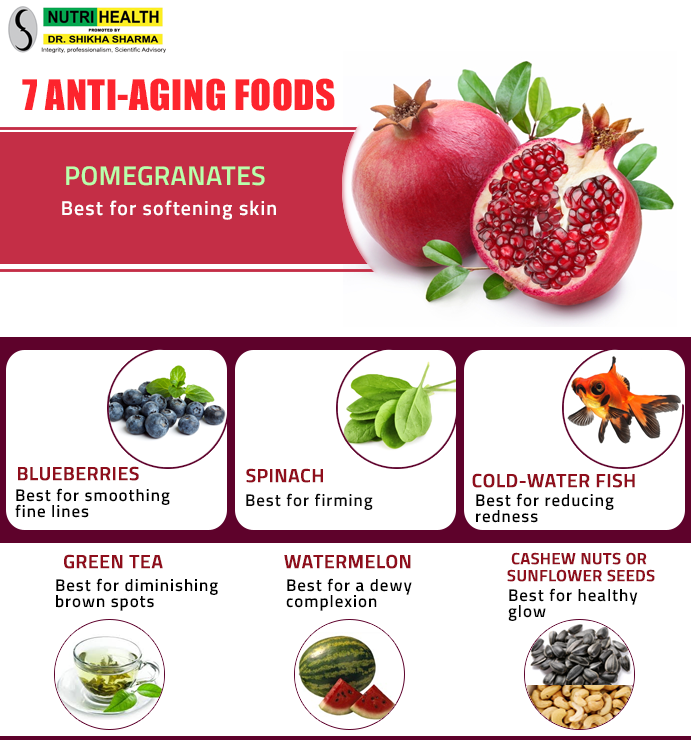 Go slow and feed small quantities at the beginning.
Go slow and feed small quantities at the beginning.
Here is how pomegranate puree for baby is made:
- Deseed the pomegranate fruit.
- Use 1 to 8 ounces of water or pomegranate juice.
- Add the fresh seed and water of pomegranate juice to a blender or a food processor.
- Blend it into a fine paste.
- If you are using a blender, you might have to use more liquid.
- Keep adding 1 teaspoon of extra liquid at a time and blend in instalments till all the nibs are broken evenly to make a fine puree.
Pomegranate juice is the best way to introduce the fruit in the diet of babies after six months. Here is how to make pomegranate juice for babies:
- Deseed the fruit. Collect the seeds and add them to a blender jar.
- Add water and blend in a blender to a fine puree.
- Strain and collect the juice.
Feed the juice in small quantities later in the morning, afternoon, or in the evening.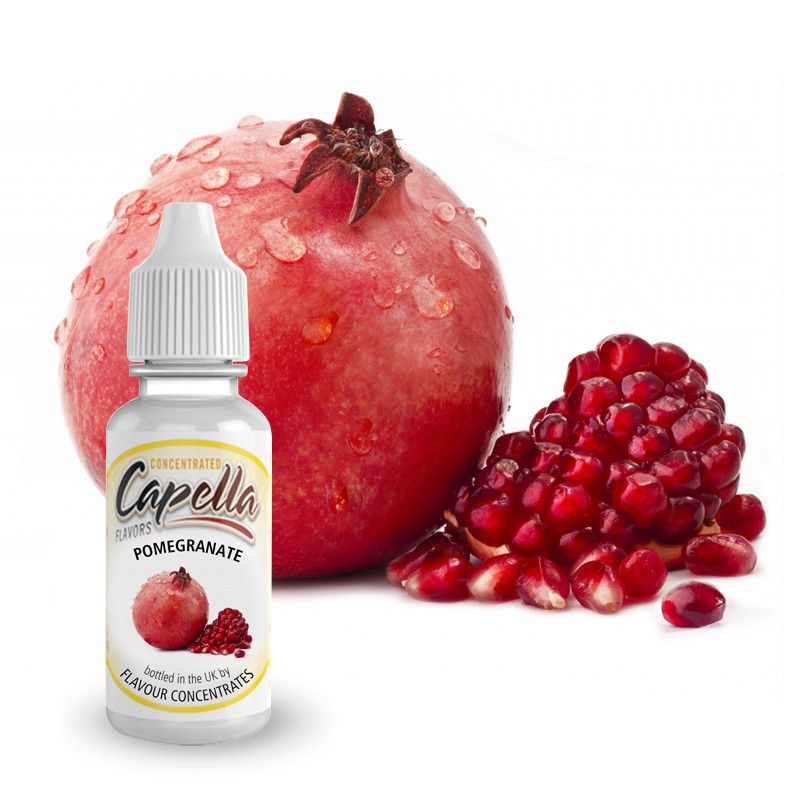 Give some time for your baby to get used to the taste and for the baby’s system to accept the new food. You should check for allergies when you first introduce the fruit to your baby.
Give some time for your baby to get used to the taste and for the baby’s system to accept the new food. You should check for allergies when you first introduce the fruit to your baby.
The following precautions should be taken while feeding pomegranate to babies:
- Do not feed seeds to babies. Give them pomegranate only in the juice form till they are ready to feed on solids.
- Avoid the white skin of the fruit while preparing the juice, as it will leave a sour taste.
- Give only 4 to 6 ounces of the juice as overconsumption may cause diarrhoea/nausea.
- Avoid giving the juice before bedtime, as it may create dental issues.
- Do not combine pomegranate with any other food and watch your child’s reaction after introducing either the juice or the pulp in the diet.
Packed with vitamins and minerals, pomegranate for babies is one of the best ways to ensure a healthy diet. Make sure you give it in a form that is age-appropriate and do not overdo it as it may mar the purpose of inclusion in the diet. You can even consult your regular paediatrician before you include the fruit in your baby’s diet.
Make sure you give it in a form that is age-appropriate and do not overdo it as it may mar the purpose of inclusion in the diet. You can even consult your regular paediatrician before you include the fruit in your baby’s diet.
Read these next
Diet & Nutrition , Pre & Post Workout Nutrition 5 MIN READ Nov 29, 2021
Health Benefits of Guava Juice Is Guava a Good Pre-Workout Drink Recipe for Guava Juice Conclusion Guava juice is a nutritious and refreshing...
Health Benefits of Guava Juice Is Guava a Good Pre-Workout Drink Recipe for Guava Juice Conclusion Guava juice is a nutritious and refreshing drink, especially during summers. It keeps the body hydrated while being a good...
15 3
Vitamins and Minerals 6 MIN READ Nov 29, 2021
Choosing the Best Multivitamins for Energy Best Energy Vitamins for Men Best Vitamins for Energy for Women Conclusion Vitamins and nutrients.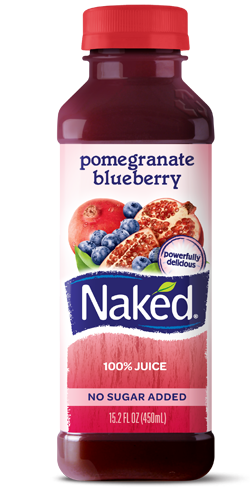 ..
..
Choosing the Best Multivitamins for Energy Best Energy Vitamins for Men Best Vitamins for Energy for Women Conclusion Vitamins and nutrients are required to produce enzymes, hormones and other substances for proper functioning...
15 3
Essentials Nutrients for Skin , Hair, Skin & Nails , Vitamins and Minerals 4 MIN READ Nov 29, 2021
What is Glutathione How to Ensure Adequate Levels of Glutathione Different Forms of Glutathione Supplements Side Effects of Glutathione Conclusion...
What is Glutathione How to Ensure Adequate Levels of Glutathione Different Forms of Glutathione Supplements Side Effects of Glutathione Conclusion With healthy skin comes overall well-being and confidence. The sudden emphasis...
15 3
Vitamins and Minerals 4 MIN READ Nov 28, 2021
Vitamin K Rich Foods Benefits of Vitamin K A Few Facts About Vitamin K Deficiency Of Vitamin K Vitamin K Supplements Conclusion If you want to.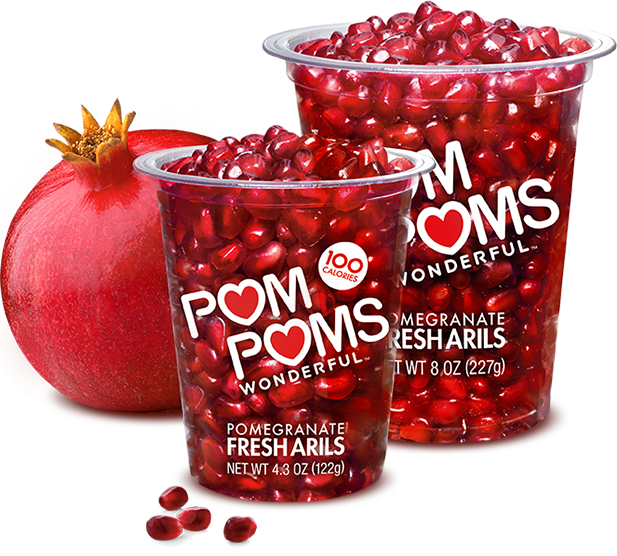 ..
..
Vitamin K Rich Foods Benefits of Vitamin K A Few Facts About Vitamin K Deficiency Of Vitamin K Vitamin K Supplements Conclusion If you want to develop a strong immune system, you must focus on the vitamins you consume. During...
15 3
6 Health Benefits Of Pomegranate For Babies
Providing nutrients to aiding digestion - regular pomegranate intake has several benefits.
Research-backed
MomJunction believes in providing reliable, research-backed information to you. As per our strong editorial policy requirements, we base our health articles on references (citations) taken from authority sites, international journals, and research studies. However, if you find any incongruencies, feel free to write to us.
Image: iStock
Pomegranate is a popular semi-tropical fruit native to Iraq. This old fruit is famous for its nutritional profile and antioxidant properties that can promote health which is why it is also considered a superfood.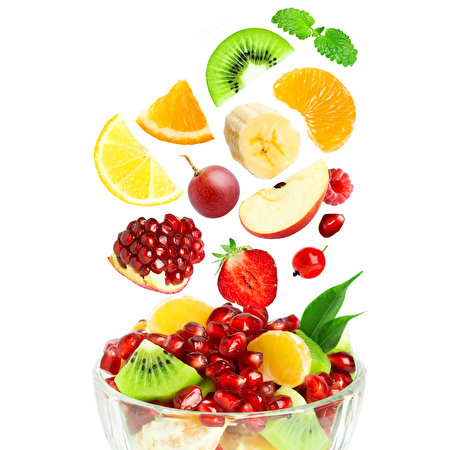 But while pomegranate for babies seems a good choice, feeding it in age-appropriate ways is necessary to avert feeding issues such as gagging and choking.
But while pomegranate for babies seems a good choice, feeding it in age-appropriate ways is necessary to avert feeding issues such as gagging and choking.
Read on to learn about the right age when babies can eat a pomegranate, its possible health benefits, and precautions to observe when feeding this fruit to babies.
Is Pomegranate Good For Babies?
Image: Shutterstock
Yes! You can give pomegranate to your baby after the baby turns six months old, but only in the form of fresh juice. While you feed juice, make sure it has no added sugars or artificial sweetners as fruit juice is not recommended for babies under one year of age (1). If your baby is under one year, it is wise to consult your pediatric nutritionist to decide on a safe intake limit for your baby.
Note: Once your child grows a bit, you can serve the fruit pulp instead of juice. But make sure it is seedless as pomegranate seeds are a potential choking hazard.
Related: Baby Choking On Breastmilk: Why Does It Happen And What To Do
Nutritional Value Of Pomegranate
The edible part of pomegranate consists of 85% water. It also has fair amounts of micronutrients and bioactive compounds such as phenolics and flavonoids (2). Below is a detailed list of nutrients that pomegranate has versus the recommended amounts for babies on a per-day basis.
| Name | Amount | RDA |
|---|---|---|
| Water | 120g | – |
| Energy | 128Kcal | – |
| Protein | 2.57g | – |
| Carbohydrate, by difference | 28.8g | – |
| Fiber, total dietary | 6.16g | – |
| Sugars, total including NLEA | 21.1g | – |
| Calcium, Ca | 15.4mg | 270 mg (7-12 months) |
| Magnesium, Mg | 18.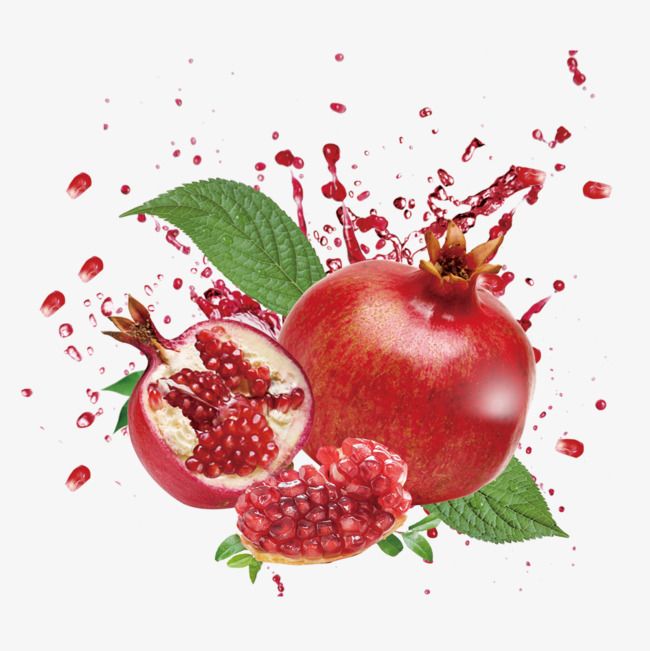 5mg 5mg | 75mg (7-12 months) |
| Phosphorus, P | 55.4mg | 275mg (7-12 months) |
| Potassium, K | 363mg | 700mg (7-12 months) |
| Sodium, Na | 4.62mg | 200mg (7-12 months) |
| Vitamin C, total ascorbic acid | 15.7mg | 20mg (7-12months) |
| Folate, total | 58.5µg | 32µg (7-12 months) |
| Choline, total | 11.7mg | 150mg (7-12months) |
| Vitamin K (phylloquinone) | 25.3µg | 10µg (7-12months) |
| Source: Nutrient Values (3), RDA (4) |
Research studies show that pomegranate has certain bioactive compounds that possess the potential antioxidant, anti-inflammatory, and anticarcinogenic effects useful to promote health (5).
Health Benefits Of Pomegranate For Babies
Image: Shutterstock
Here are some ways in which pomegranate can help your baby.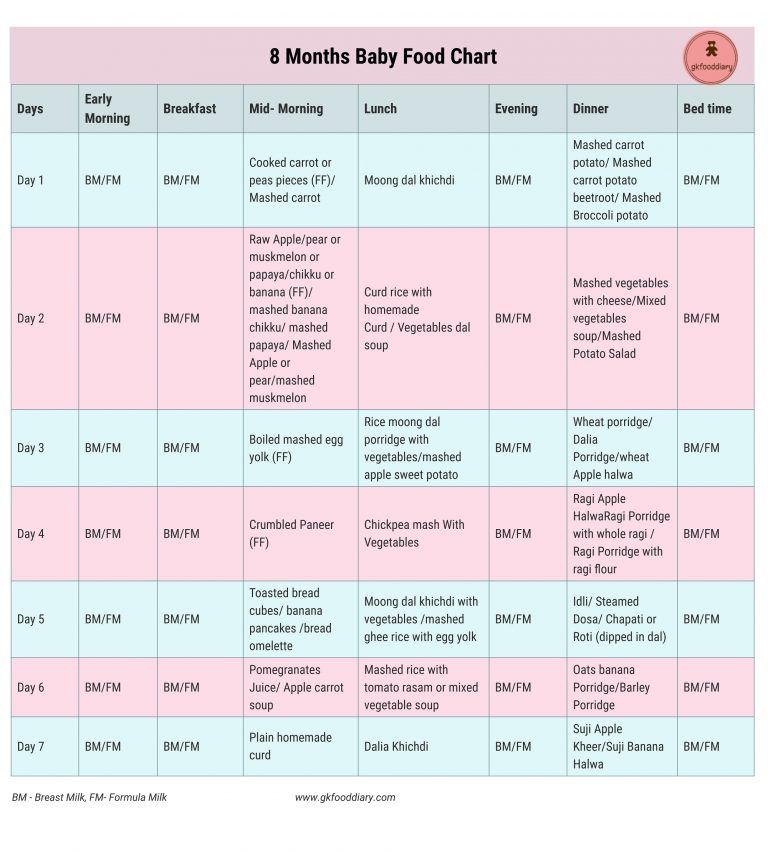
- Nutrition: Pomegranate has considerable amounts of vitamins, particularly vitamins C and E. It also has a good amount of minerals such as folate, fiber, and potassium (3). These powerful nutrients possess properties that protect your baby from diseases.
- Inflammation: A study has shown that extracts from the pomegranate have the potential to reduce inflammation caused by various types of bacterial infections. This medicinal property of pomegranate is attributed to ellagitannins, an antioxidant found in pomegranate (6).
Another research study published in the Journal of Food and Nutrition has demonstrated the potential effect of fresh pomegranate juice on multidrug-resistant bacterial strains (7).
- Digestive problems: Pomegranate has been used in traditional medicine practices. One such medicinal use is the treatment of digestive issues such as constipation, diarrhea, and vomiting.
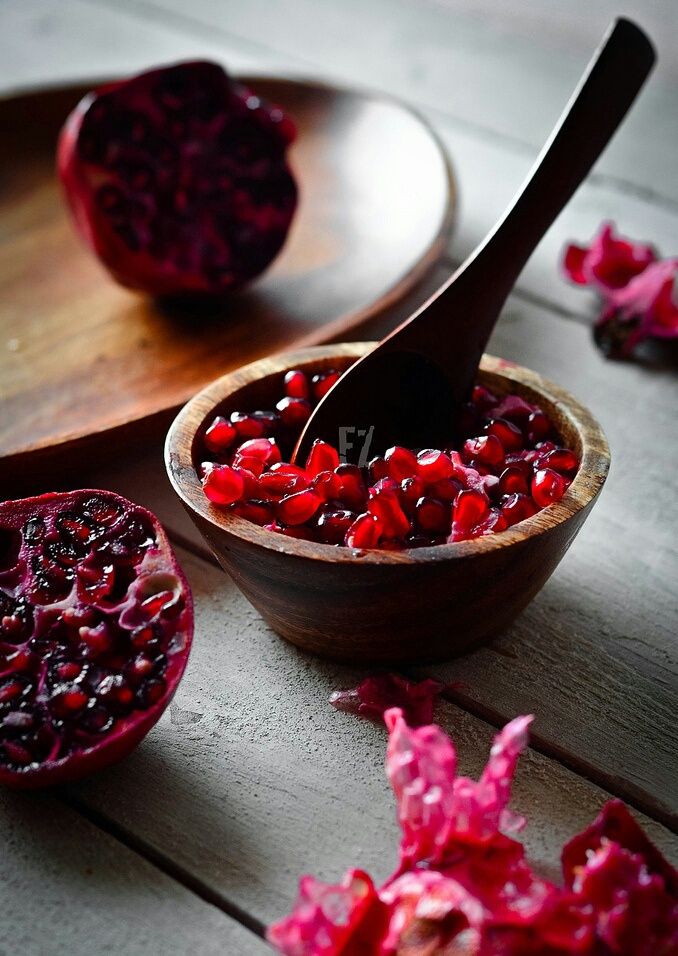
Related: 10 Best Foods To Relieve Baby Constipation And Recipes To Try
Pomegranate juice is considered effective in treating vomiting and counteracting the bacteria that cause dysentery and diarrhea in babies. However, there are limited clinical studies to substantiate the belief (8).
Pomegranate is also considered as a natural constipation reliever. One pomegranate gives approximately six grams of dietary fiber. This amount is reasonable to help combat constipation. However, there is limited clinical evidence to validate the belief.
- Intestinal worms: These parasites reside in either the small or large intestine and multiply by feeding on the nutrients. As per Ayurveda, pomegranate fruit has anthelmintic properties that can help kill intestinal worms (9). But, the clinical research validating the belief is limited.
- Fevers: Pomegranate juice is believed to be effective in treating fever in babies.
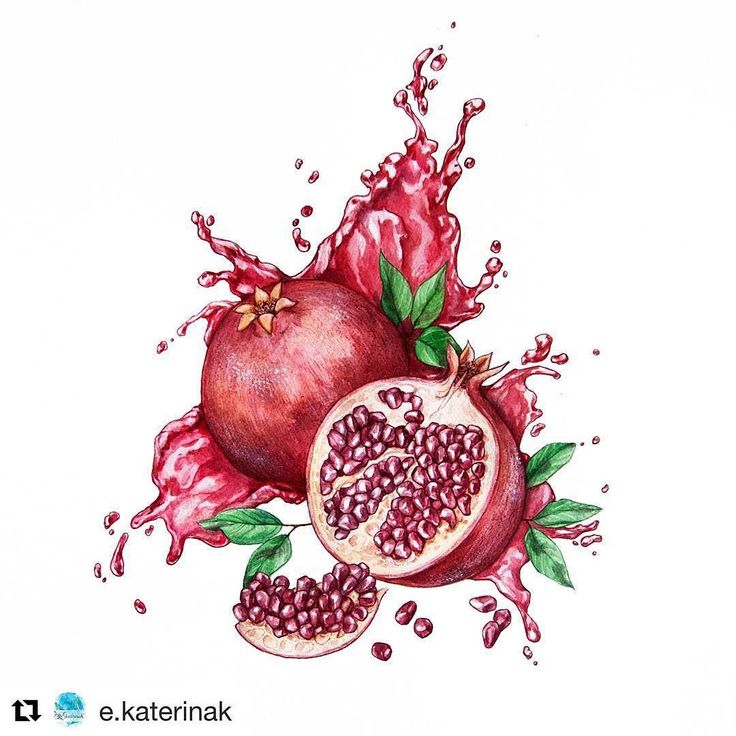 The juice is not only believed to control fever but also replete the nutrients lost due to fever. The supporting clinical studies are few. However, its efficacy to restore nutrient balance after the fever is documented (10).
The juice is not only believed to control fever but also replete the nutrients lost due to fever. The supporting clinical studies are few. However, its efficacy to restore nutrient balance after the fever is documented (10).
Image: Shutterstock
The health benefits of pomegranate are promising, and thus, it may be added in your baby’s diet. However, some precautions are a must before you do so.
Related: Top 10 Healthy Baby Weaning Foods And How To Start Them
Precautions To Take While Giving Pomegranate To Babies
Image: Shutterstock
Some things to consider before feeding your little one pomegranate pulp are:
- Make sure that you don’t give seeds to your baby. Pomegranate seeds pose a choking hazard.
- Do not grind the white skin of the pomegranate while making the juice. It will lend a sour flavor to the juice.
- Overconsumption of fruit juice can lead to weight gain and dental problems.
- Offer the juice sparingly as infants receive most of their nutrients from the mother’s milk.
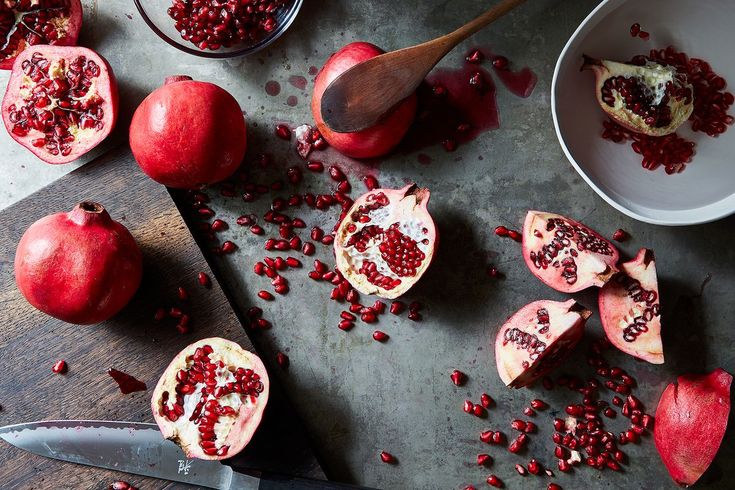 4oz a day is more than enough for an 8-month-old baby. Excess consumption can cause diarrhea.
4oz a day is more than enough for an 8-month-old baby. Excess consumption can cause diarrhea.
- Do not mix pomegranate with any other fruit or vegetable. Always follow the four-day rule before introducing any food into your baby’s diet. And keep an eye for the allergic reactions.
- If you see any allergic reaction or signs of intolerance, discontinue feeding immediately and consult a pediatrician promptly.
With all the precautions followed, you can safely introduce pomegranate or pomegranate juice to your baby.
Related: Baby Not Gaining Weight: Reasons & 8 Tips To Help Them Gain
How To Make Pomegranate Juice For Babies?
Image: Shutterstock
You can easily make pomegranate juice at home by following these simple steps:
- Take out all the seeds from the pomegranate and blend in a juicer.
- Do not add extra sugar to the juice.
- Strain the juice before serving to your baby. And feed in small quantities.
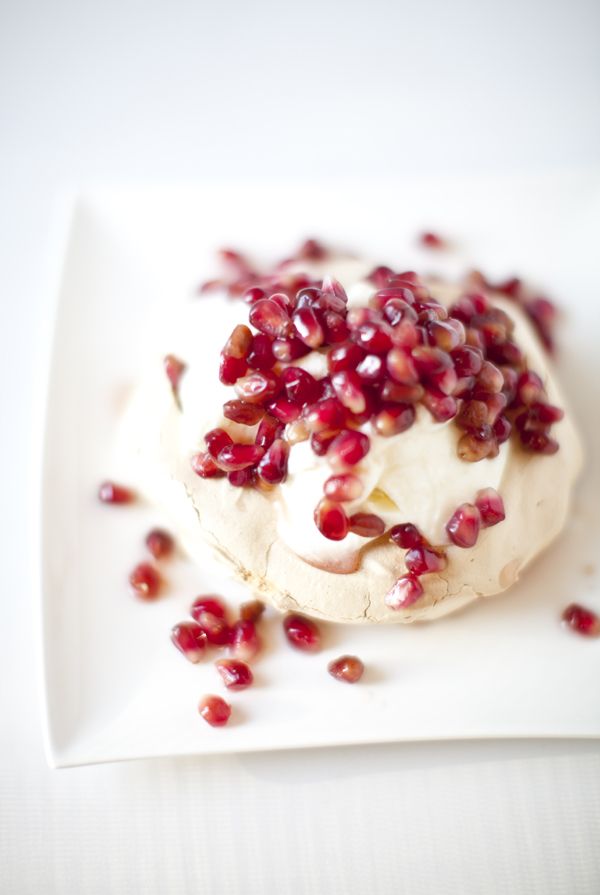
Pomegranate for babies is totally safe to be given as juice once they reach the age of six months. However, make sure the juice has no artificial or added sweeteners that could affect your baby’s health adversely. Pomegranate is a nutrient-rich fruit with potential antioxidant, anti-inflammatory, and anticarcinogenic properties to promote your baby’s good health. It can also be used to treat gastric disorders in infants. Nevertheless, when offering pomegranate to your newborn, make sure the pulp is free of seeds and limit their intake.
References:
MomJunction's articles are written after analyzing the research works of expert authors and institutions. Our references consist of resources established by authorities in their respective fields. You can learn more about the authenticity of the information we present in our editorial policy.
1. American Academy of Pediatrics Recommends No Fruit Juice For Children Under 1 Year; American Academy of Pediatrics
2. Sreeja Sreekumar et al.; Pomegranate Fruit as a Rich Source of Biologically Active Compounds; Hindawi
Sreeja Sreekumar et al.; Pomegranate Fruit as a Rich Source of Biologically Active Compounds; Hindawi
3. Pomegranate, raw, (341622); Food Data Central; USFDA
4. Feeding and nutrition of infants and young children; WHO
5. Aida Zarfeshany et al.; Potent health effects of pomegranate; National Center For Biotechnology Information
6. Amy B. Howell and Doris H. D’Souza; The Pomegranate: Effects on Bacteria and Viruses That Influence Human Health; Hindawi
7. Gabriel Betanzos-Cabrera et al.; Antibacterial activity of fresh pomegranate juice against clinical strains of Staphylococcus epidermidis; National Center For Biotechnology Information
8. Elisa Colombo et al.; A Review on the Anti-Inflammatory Activity of Pomegranate in the Gastrointestinal Tract; National Center For Biotechnology Information
9. Rama Aggarwal and Upma Bagai; Effect of Punica granatum fruit peel on glucose-6-phosphate dehydrogenase and malate dehydrogenase in amphistome Gastrothylax indicus; National Center For Biotechnology Information
10.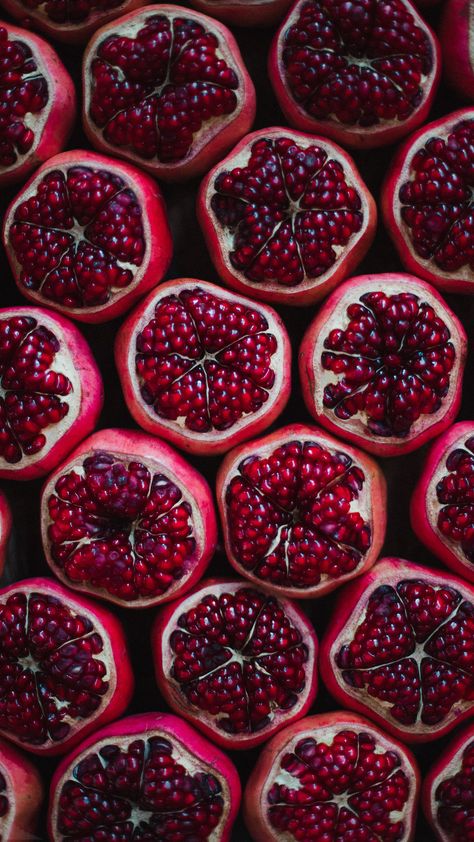 Debjit Bhowmik et al.; Medicinal Uses of Punica granatum and Its Health Benefits; Journal of Pharmacognosy and Phytochemistry
Debjit Bhowmik et al.; Medicinal Uses of Punica granatum and Its Health Benefits; Journal of Pharmacognosy and Phytochemistry
The following two tabs change content below.
- Reviewer
- Author
Swati Patwal is a clinical nutritionist, a Certified Diabetes Educator (CDE) and a toddler mom with over eight years of experience in diverse fields of nutrition. She started her career as a CSR project coordinator for a healthy eating and active lifestyle project catering to school children. Then she worked as a nutrition faculty and clinical nutrition coach in different...
View Profile ›
Jyoti Benjamin has 25 years of experience as a clinical dietitian and currently works in Seattle. She focuses on teaching people the value of good nutrition and helping them lead healthy lives by natural means. Benjamin has a masters in Foods and Nutrition, and has been a longtime member and Fellow of AND (Academy of Nutrition and Dietetics) and the. ..
..
View Profile ›
13 Wonderful Health Benefits Of Cherries During Pregnancy
13 Wonderful Health Benefits Of Cherries During Pregnancy
Smoked Salmon In Pregnancy: Is It Safe, Types And Risks
Smoked Salmon In Pregnancy: Is It Safe, Types And Risks
Tips To Deal With Appetite Loss During Pregnancy
Tips To Deal With Appetite Loss During Pregnancy
Sushi When Pregnant: Safety, Types, Risks And Treatment
Sushi When Pregnant: Safety, Types, Risks And Treatment
Eating Ice When Pregnant: Safety, Reasons, Benefits And Risks
Eating Ice When Pregnant: Safety, Reasons, Benefits And Risks
Eating Hemp Seeds When Pregnant: Safety, Benefits And Side Effects
Eating Hemp Seeds When Pregnant: Safety, Benefits And Side Effects
Is It Safe To Drink Decaffeinated Coffee When Pregnant?
Is It Safe To Drink Decaffeinated Coffee When Pregnant?
Dry Fruits During Pregnancy: Benefits, Side Effects And Precautions
Dry Fruits During Pregnancy: Benefits, Side Effects And Precautions
Pumpkin For Babies: Health Benefits, Puree And Other Recipes
Pumpkin For Babies: Health Benefits, Puree And Other Recipes
Juice Fleur Alpine Organic pomegranate, 200ml
- 170 rub
- 140 rub
Not available
Promotion item
Fleur Alpine baby juice POMEGRANATE - a source of energy and vitamins for children and adults:
• Without added sugar and preservatives
• Organic, made in the Netherlands and certified in accordance with EU Regulations No.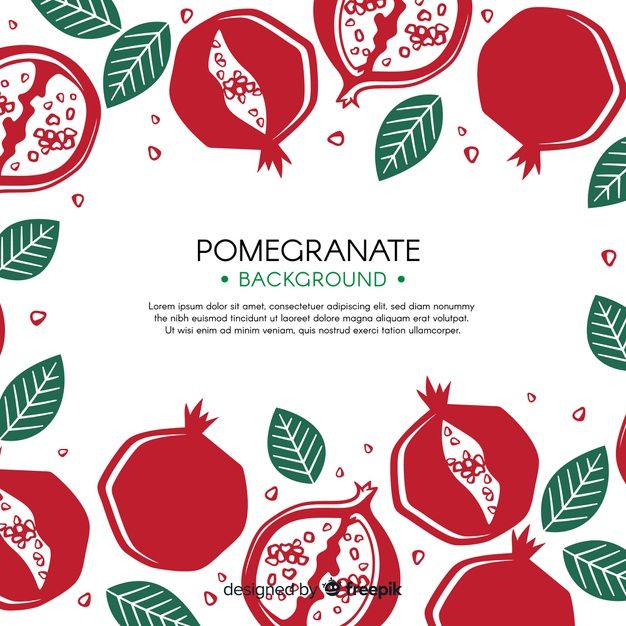 834/2007 and No. 889 /2008
834/2007 and No. 889 /2008
IMPORTANT: sedimentation is allowed during storage. When introducing a new product, a pediatrician should be consulted.
Fleur Alpine POMEGRANATE juice has a rich ruby color, astringent taste and aroma typical of a ripe pomegranate. Produced without added sugar and other ingredients, contains only natural sugars.
A pop should be heard when the lid is opened.
Fleur Alpine Juice can be offered to your child as a ready drink or diluted with water to obtain the desired concentration and taste.
Store in a closed container at a temperature between 0°C and +25°C, out of direct sunlight. For baby food, after opening, store in the refrigerator for no more than a day.
Composition:
Pomegranate juice*
/2008)
per 100 ml of product (average value):
Energy value - 270.6 kJ/65.7 kcal
carbohydrates - 15.9 g
Age: from 3 years
Duration Shelf life: 24 months
Storage conditions:
Store in unopened packaging at temperatures between 0°C and +25°C, out of direct sunlight.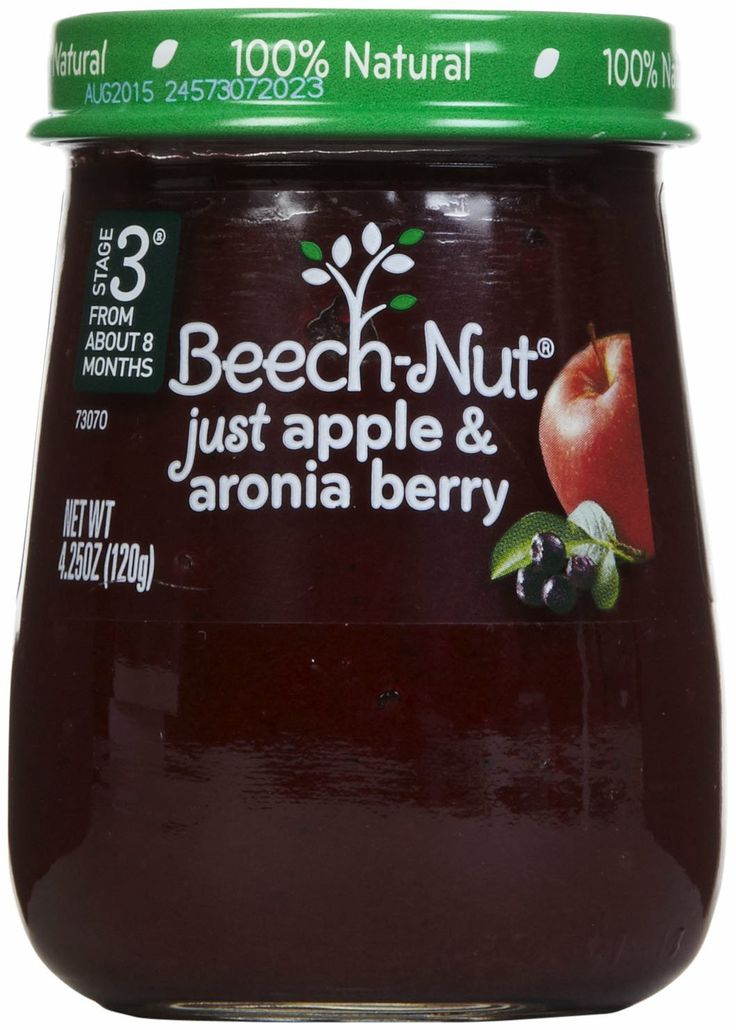 For baby food, after opening, store in the refrigerator for no more than a day.
For baby food, after opening, store in the refrigerator for no more than a day.
Sanitary and hygienic certificate: ru.77.01.34.34.005.00
8717903004128
Additional features:
with 3 years
Previous Next
Our advantages
Delivery on the day of order
Delivery works 7 days a week across the Crimea from 10:00-20:00
Wide range
We offer the most complete range of products for expectant mothers, newborns and children under 5 years.
Quality Assurance
All items in my Lvenok stores carry a manufacturer's warranty.
Promotions and discounts
Be the first to know about promotions, discounts and special offers from moy Lvenok store.
Convenient self-delivery
You can pick up the order yourself in one of the stores in Simferopol.
Own warehouse
All goods are placed in moy Lvenok's warehouse equipped for storing children's goods.
Payment methods
You can pay for the purchase in any way: cash to the courier, bank card to the courier, card according to the details.
Fleur Alpin - juice Organic apple-pomegranate, 8 months, 200 ml
0.0320501208 c
All❤ ASIA. For beauty and health * For home * For children Purchase Baby food Fleur Alpine. Organic food CollectionFleur Alpin - juice Organic apple-pomegranate, 8 months, 200 ml Compound: apple juice* (70%), pomegranate juice* (30%) *organic farming Product Features: Fleur Alpine ORGANIC APPLE AND POMEGRANATE baby juice is made from hypoallergenic varieties of apples and pomegranate.
 Apples are rich in… Read more
Apples are rich in… Read more 124 R
Article A1 8717903004104
Organizer West 17.6
Ask a question Find Reviews Buyer Protection
APPLE AND POMEGRANATE baby juice is recommended for children from 8 months
Ingredients:
apple juice* (70%), pomegranate juice* (30%)
*organic farming
Product Features:
Fleur Alpine ORGANIC APPLE AND POMEGRANATE baby juice is made from hypoallergenic varieties of apples and pomegranate.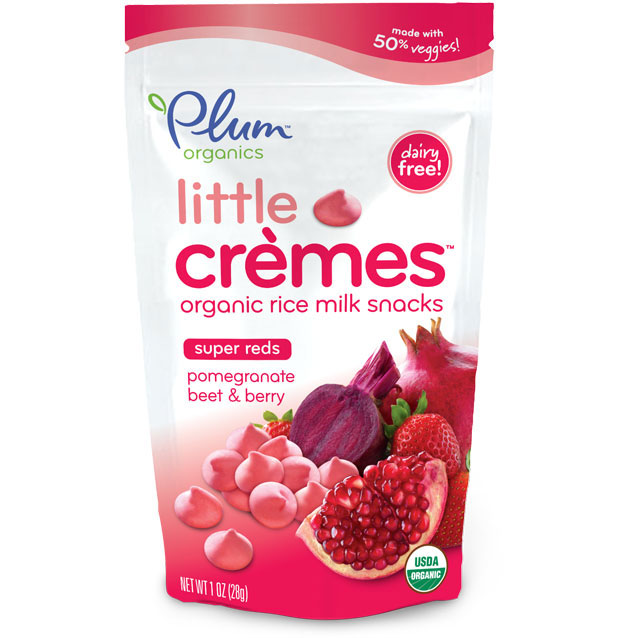 Apples are rich in natural sugars, organic acids, vitamins and microelements. Iron in combination with vitamin C is well absorbed in the intestines, helping to prevent anemia. Pectins and organic acids gently stimulate bowel activity. Potassium and magnesium strengthen the cardiovascular system. Pomegranate fruits contain vitamins C, B6, B12, P, fiber, minerals and trace elements: calcium, magnesium, potassium, manganese, phosphorus, iodine, iron, sodium. Pomegranate juice contains from 8 to 20% sugar (glucose and fructose). Pomegranate perfectly strengthens the immune system, the walls of blood vessels, the nervous system, and improves blood formation.
Apples are rich in natural sugars, organic acids, vitamins and microelements. Iron in combination with vitamin C is well absorbed in the intestines, helping to prevent anemia. Pectins and organic acids gently stimulate bowel activity. Potassium and magnesium strengthen the cardiovascular system. Pomegranate fruits contain vitamins C, B6, B12, P, fiber, minerals and trace elements: calcium, magnesium, potassium, manganese, phosphorus, iodine, iron, sodium. Pomegranate juice contains from 8 to 20% sugar (glucose and fructose). Pomegranate perfectly strengthens the immune system, the walls of blood vessels, the nervous system, and improves blood formation.
Preparation:
The product is ready to use. You should hear a pop when you open the lid. Start feeding with teaspoon, increasing by 12 months to 100 ml per day.
Nutritional value per 100 g of the product:
Energy value - 219.5 kJ / 52.5 kcal
Carbohydrates - 12.9 g
Minerals: potassium 70-190 mg
Shelf life:
indicated on the bottle cap
Storage conditions:
Store between 0°C and +25°C, out of direct sunlight.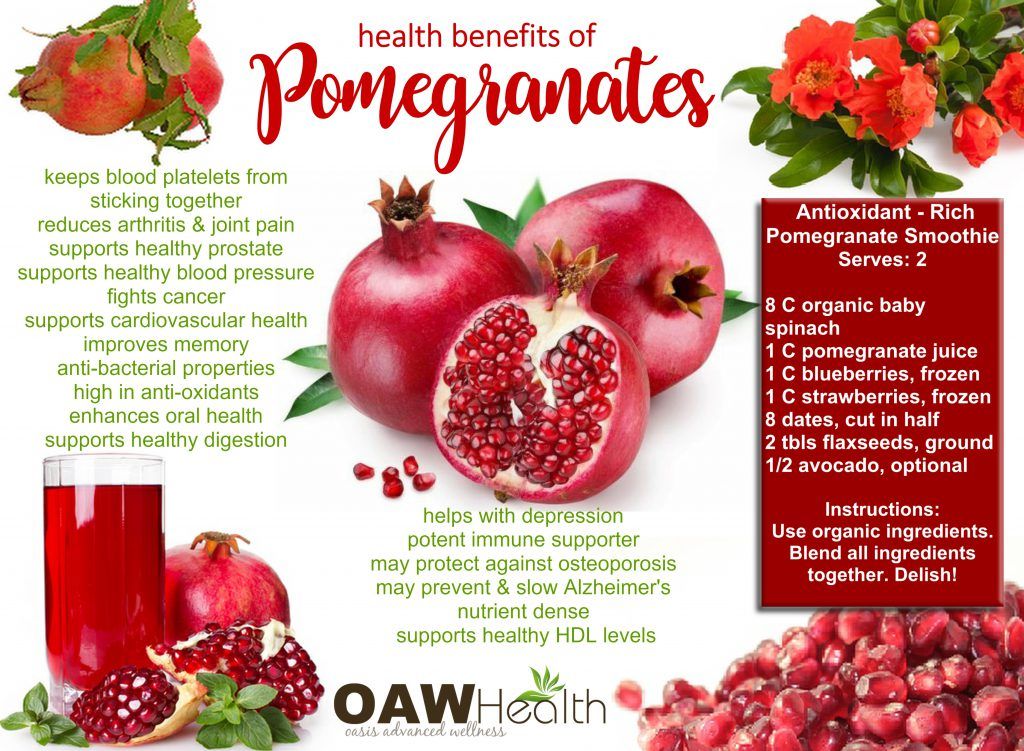 After opening, store in the refrigerator for no more than a day.
After opening, store in the refrigerator for no more than a day.
Sediment is allowed during storage.
Nominal volume 0.2 l.
Ask a question
Promo
Luxury Baby — With love for babies, Clothes, discharge, Lace
Active for 4 more days Delivery from December 15
Caprice - Chic home knitwear for the whole family. NEW
Delivery from January 15, 2023
S Children's world of toys, games and accessories
Active for 2 more days Delivery from January 14, 2023
Happy baby Everything from birth To Babies and Moms. Refurbished
Shipping within 5 days
Children's budget good jersey.